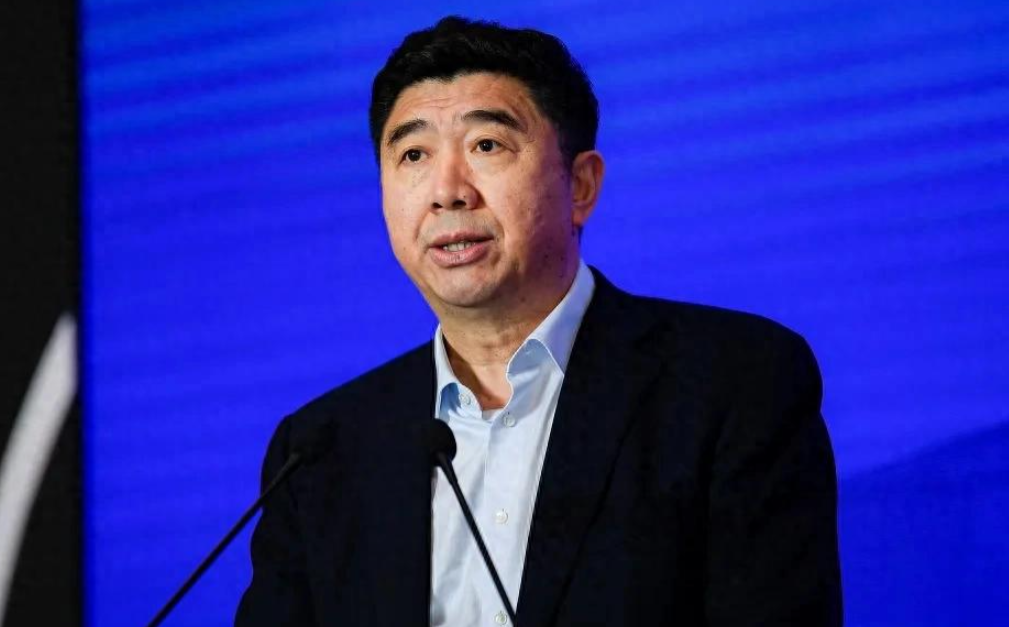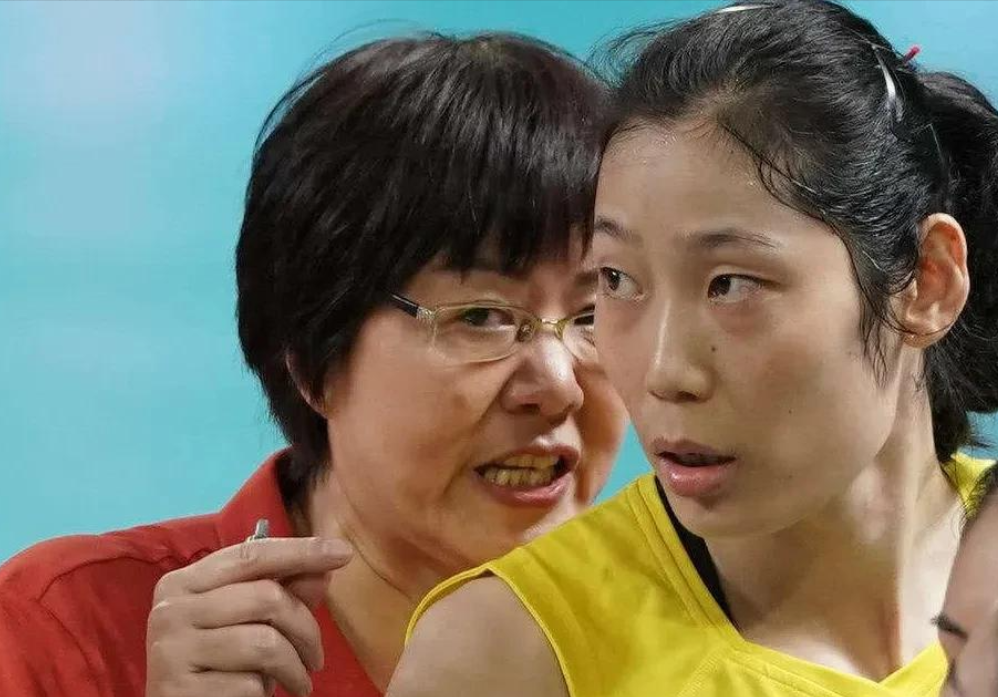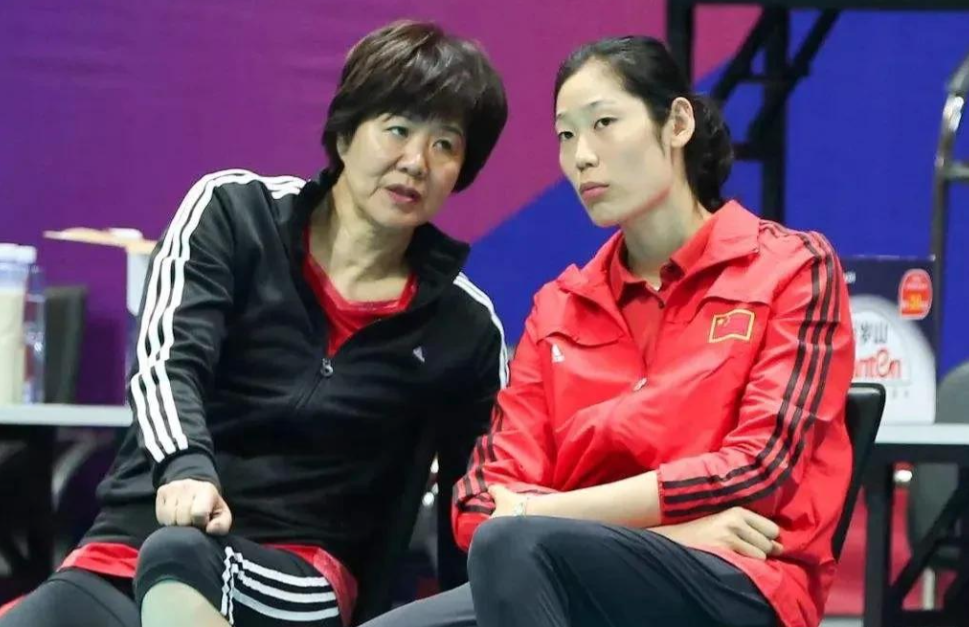In the international arena of sports, the Chinese women's volleyball team was once a shining star, especially after winning the gold medal at the 2016 Rio Olympics. The team's glory made many proud. However, as time passed, the team's performance significantly declined, causing concern among countless fans. The failure at the Tokyo Olympics marked a turning point. As defending champions, the Chinese women's volleyball team failed to advance from the group stage, leaving many fans utterly disappointed.
Many believe that the team's poor form should be attributed to the coach and players' performances, with head coach Lang Ping and captain Zhu Ting becoming the focus of public discussion. However, unexpectedly, recent anti-corruption actions have uncovered a deeper layer of secrets. Former director of the Chinese Volleyball Association, Li Quanqiang, was investigated for serious violations of discipline and law. This news not only shocked the volleyball world but also prompted people to reflect on the management of volleyball.

Li Quanqiang's downfall is not an isolated case. As early as 2015, former director Pan Zhichen was also investigated for similar reasons and ultimately imprisoned. The successive investigations of two directors suggest that there may be deeper issues within Chinese volleyball. This makes one wonder if the decline in the team's performance is directly related to mismanagement by the Volleyball Association.
During the Tokyo Olympics, Lang Ping and Zhu Ting faced immense pressure. Amid external doubts and criticism, their efforts seemed overlooked. Often, coaching decisions are not entirely based on personal will but influenced by management. Lang Ping, with her rich experience and excellent tactical vision, could not necessarily make completely independent choices in selecting players and arranging tactics, which is a question worth exploring.

In recent years, we repeatedly saw some players fail to meet expectations in volleyball matches, perhaps due to unknown reasons behind the scenes. The decisions and policies of the Volleyball Association may be the crucial factors affecting the team's performance. As a seasoned athlete, Lang Ping's coaching ability is unquestionable, but without suitable personnel configuration and tactical support, the results are naturally unsatisfactory.
Now, with Li Quanqiang's downfall, it may bring hope for people to consider how to truly revitalize the Chinese women's volleyball team. Lang Ping once expressed her desire to continue coaching and reshape the glory by utilizing the potential of young athletes. However, her resignation and the subsequent decline in performance made this wish seem remote. Fans voiced their support for her, believing that if given another chance, the future of the women's volleyball team might be different.

Meanwhile, the prospects of young players like Zhu Ting and Li Yingying are also concerning. For Zhu Ting, this might be her last Olympics, while Li Yingying's future remains uncertain. If these two main attackers cannot participate in the next Los Angeles Olympics, the future of the Chinese women's volleyball team will be even bleaker.
Li Quanqiang's downfall is not just punishment for an individual but also a wake-up call for the entire volleyball system. Corruption and dereliction of duty in management ultimately affect the athletes who strive for national glory. We hope this storm brings change, allowing the Chinese women's volleyball team to return to its peak. We also hope that future volleyball management will hold themselves to higher standards, providing a good environment for athletes' growth and fair competition.
Facing upcoming challenges, the Chinese women's volleyball team needs not only technical and tactical improvements but also a healthy and fair management system. Only then can quality athletes perform at their best in suitable environments and continue the glory of the Chinese women's volleyball team. We hope this series of anti-corruption actions will raise more attention and allow fans to see a new future for volleyball.